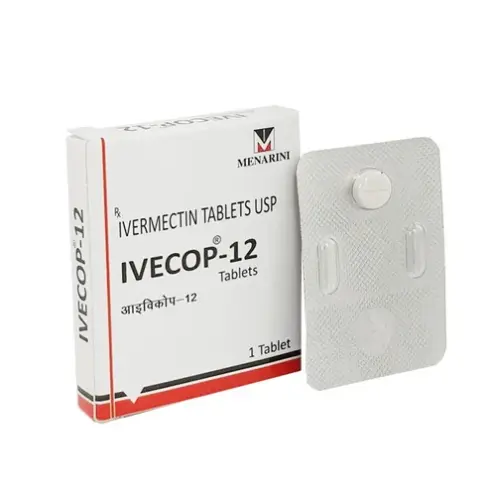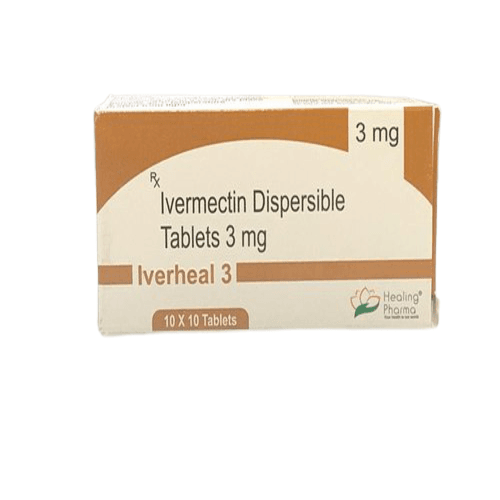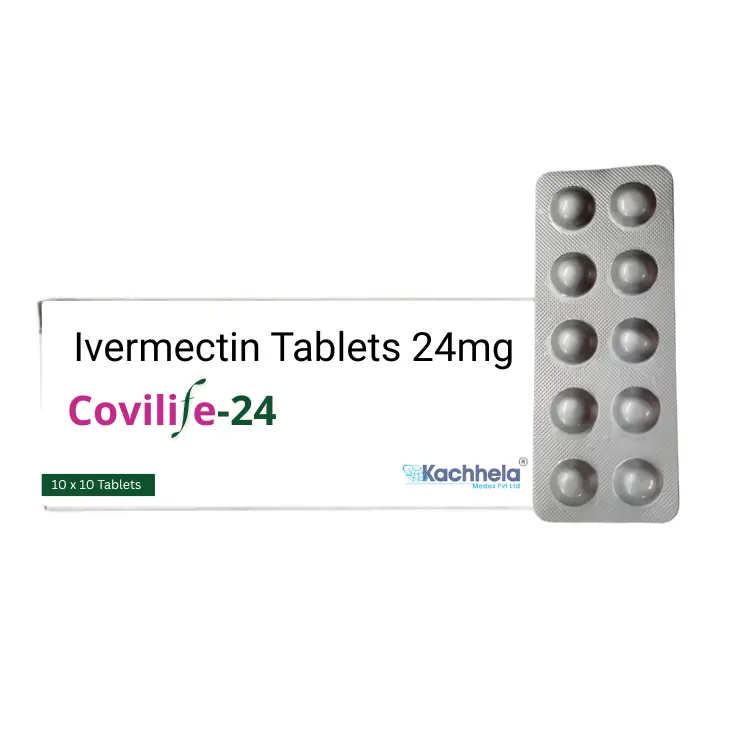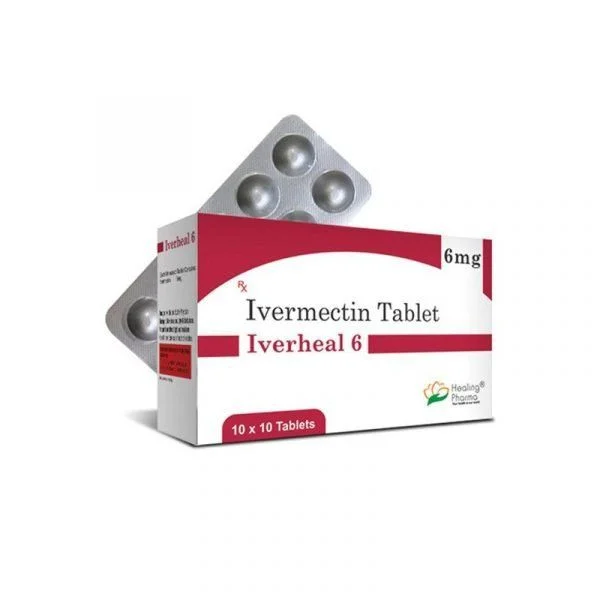Ivercop 12 mg: Uses, Side Effects, and More
If you’re looking for more information about Ivercop 12 mg, a generic brand of ivermectin, you’ve come to the right place. In this blog post, we’ll discuss the uses, side effects, and other important information about Ivercop 12 mg. We’ll provide an overview of the drug and explain how it’s used to treat a range of conditions. Finally, we’ll go over some of the most common side effects of the drug. Keep reading to learn more about Ivercop 12 mg.
What Is Ivercop?
Ivercop is a prescription medication used to treat certain types of worm infections, including roundworms, hookworms, and whipworms. It is an antiparasitic drug in the avermectin class, which works by paralyzing and killing parasites. Ivercop 12 mg tablets are generally taken orally once daily, or as prescribed by a doctor. It can be used to treat both adults and children over 6 months old. Ivercop should not be used in pregnant women or nursing mothers.
How To Use Ivercop
Ivercop 12 mg is a prescription medication used to treat various parasitic worms, including pinworms and roundworms. It works by paralyzing and killing the worms so that they can be removed from the body.
To use Ivercop correctly, it’s important to follow your doctor’s instructions. Generally, Ivercop is taken orally in tablet form with a full glass of water. You may take it with or without food. Your doctor will likely tell you to take it on an empty stomach at least 1 hour before or 2 hours after eating.
You should also be sure to finish the full course of treatment prescribed by your doctor, even if you start feeling better before it’s finished. It’s also important to take all of your doses on time, as this helps to ensure that the medication is effective.
It’s also important to remember that Ivercop won’t work for colds, flu, or other viral infections. If you’re taking Ivercop for a worm infection, it’s important to know that the worms may not be killed instantly. It may take several days or weeks for them to disappear completely. If your symptoms don’t improve after taking Ivercop, contact your doctor.
Precautions When Using Ivercop
Before taking Ivercop, it is important to talk to your doctor or pharmacist about the possible risks and benefits associated with the medication. This is especially important if you are pregnant, breastfeeding, have a medical condition, or are taking other medications.
Make sure to tell your doctor if you have any of the following conditions:
– Kidney disease
– Liver disease
– Heart problems
You should also tell your doctor if you are pregnant, plan to become pregnant, or are breastfeeding. In addition, you should avoid drinking alcohol while taking Ivercop as it can increase the risk of side effects.
It is important to follow all instructions given by your doctor or pharmacist when taking Ivercop. Make sure to take the medication exactly as prescribed and not increase or decrease the dosage without consulting your doctor first. Do not stop taking this medication without first talking to your doctor.
Side Effects of Ivercop
Ivercop 12 mg has a number of potential side effects that should be taken into account before using this medication. Common side effects include nausea, vomiting, abdominal pain, headache, dizziness, and drowsiness. Other more serious side effects can include increased liver enzymes, anemia, low white blood cell count, and low platelet count.
It is important to speak to a doctor before taking Ivercop if you are pregnant, breastfeeding, have kidney or liver problems, or are taking any other medications. Additionally, anyone with a history of allergy or hypersensitivity to Ivercop 12 mg should not take the medication. If any side effects develop while taking Ivercop 12 mg, stop taking the medication and seek medical advice right away.








Reviews
There are no reviews yet.